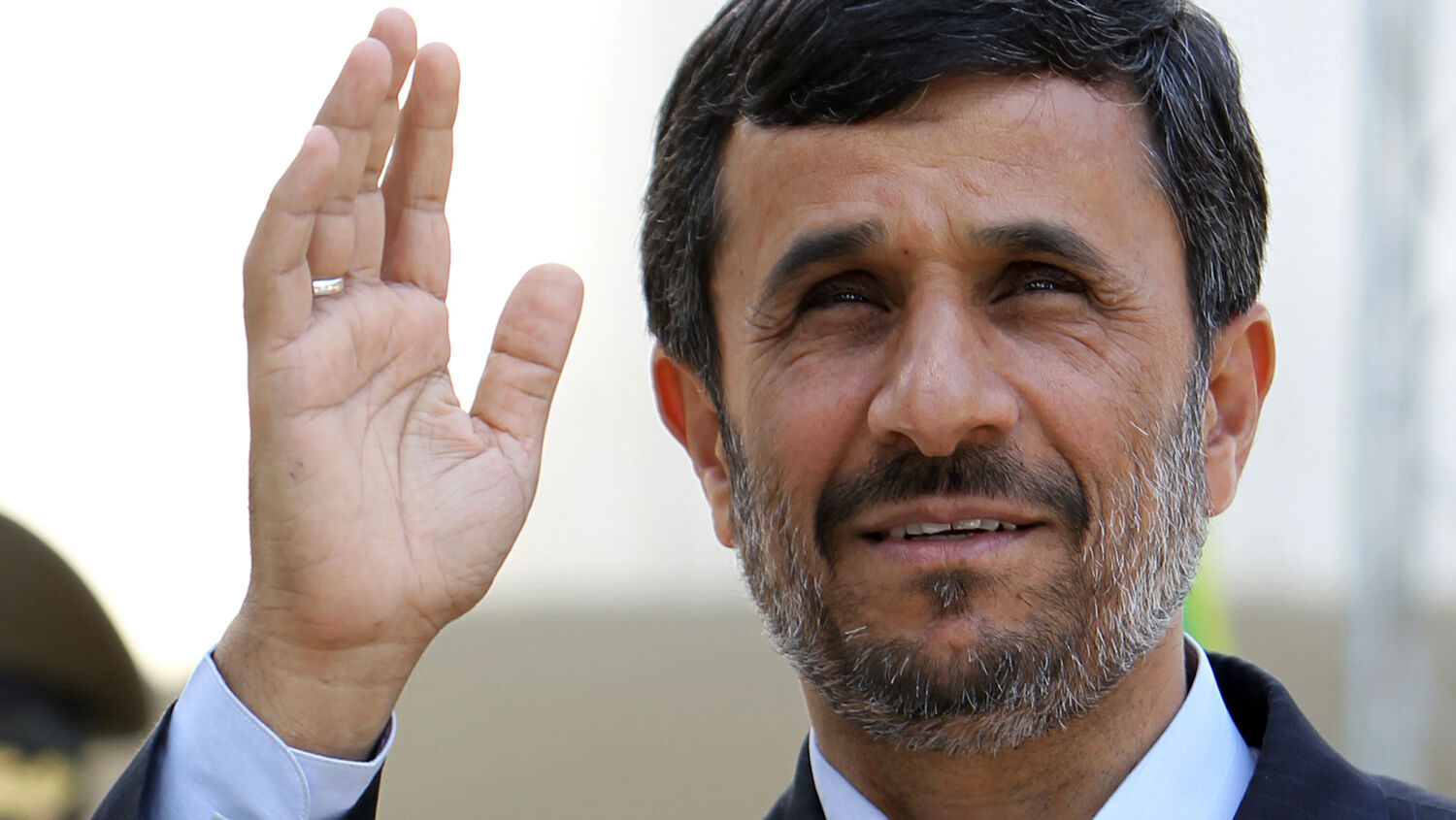
He’s Back! Ahmadinejad to Run for Iran Presidency
Firebrand Mahmoud Ahmadinejad, former president of Iran, has announced that he is again running for the presidency. While walking his former vice president, Hamid Baghaei, through the registration process on Wednesday, Ahmadinejad turned and strode to the registration desk, registering his own papers and sending the media into a frenzy.
The move caught the world off guard, because many believe his registration goes against the wishes of Supreme Leader Ayatollah Ali Khamenei, who told Ahmadinejad not to run. Ahmadinejad skirted that instruction this week by claiming that it was just advice.
While elections are just a month out, Ahmadinejad has a long fight ahead of him. Registering does not equate to having one’s name on the final ballot. Hundreds of candidates apply every year, but the 12-member Guardian Council vetoes the vast majority. For the 2013 election, the council selected just eight of those candidates. This year, more than 126 people have registered and many more are expected before the Saturday deadline.
Many in the media suspect that Ahmadinejad will be vetoed. Some say that the former president expects it—choosing to apply only to aid his former vice president. The Associated Press speculated that the Guardian Council is less likely to veto Baghaei if they veto Ahmadinejad.
But there may be more credibility to Ahmadinejad’s play than the media care to admit.
For one, the former president still enjoys broad popularity within Iran’s lower classes. It was a feeling of neglect that led the lower class to back Ahmadinejad in 2005. Today, few benefits from the nuclear deal have trickled down to this level of society, which could yet prompt a surge in Ahmadinejad’s campaign.
And as the last few days have proved, Ahmadinejad is receiving a lot of publicity. Similar to President Donald Trump in America, Ahmadinejad is a familiar face for the locals, and the media will no doubt give him plenty of coverage should he make it through the veto process.
Fiery and often controversial, Ahmadinejad’s speeches will be welcomed by the hard-liners who are looking for someone to match Trump’s staunch stance and critical view of Iran’s nuclear deal. Few hard-liner candidates have enough support to challenge Rouhani, with most squabbling and dividing the vote between themselves. Ahmadinejad may provide the type of figure for the right wing to rally around and thereby be a viable challenger.
Of course, all this is subject to the ayatollah’s approval. The reaction from the supreme leader in the coming days will likely go a long way in determining whether Ahmadinejad will be able to stage his comeback.
When discussing Iranian elections, the Trumpet has repeatedly pointed to the fact that the supreme leader is the one calling the shots, not the president. Whoever is elected will be from a very select group—the people’s choice of Khamenei’s choices. As such, regardless of the final candidate, Iran’s underlying radicalism won’t change.
Whether isolated or connected to the international community, Iran has worked to spread terror in the Middle East and cement itself as the regional powerhouse.
Next month’s elections will be a turning point—with or without Ahmadinejad. If Rouhani is reelected, he will have more freedom to pursue his agenda—one that has thus far led to Iran receiving billions of dollars to fund the war in Syria, Yemen and elsewhere across the Middle East. If Rouhani loses, it will likely be to a hard-liner, as most “moderates” have rallied behind the current president. Both outcomes will likely see Iran increase its speed and fervor in attempting to establish regional hegemony.
Regardless of who wins on May 19, the Middle East loses. The election can only lead to Iran increasing its terror efforts—bringing the world closer to the long-forecast dramatic events explained in our free booklet The King of the South.
